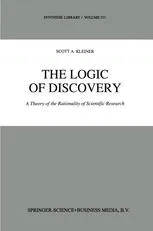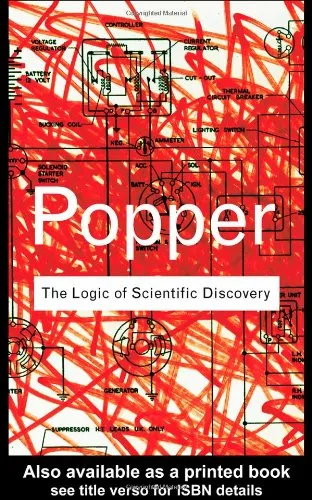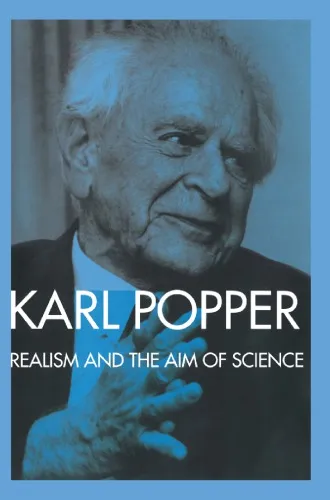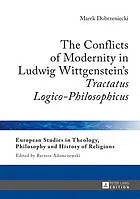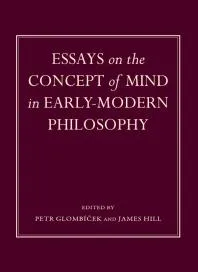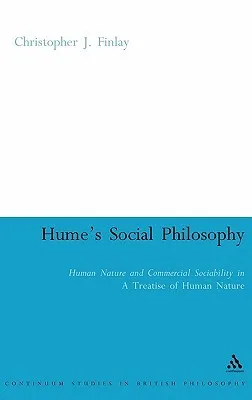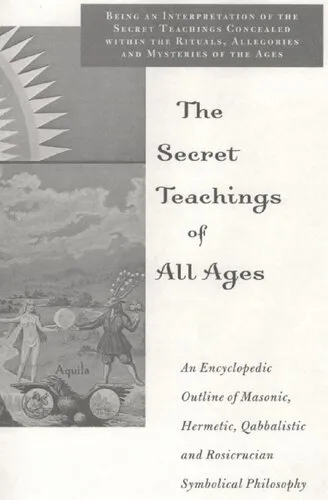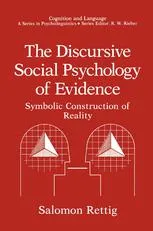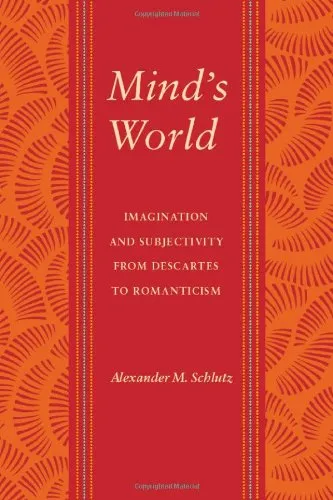The Logic of Discovery: A Theory of the Rationality of Scientific Research
4.4
بر اساس نظر کاربران

شما میتونید سوالاتتون در باره کتاب رو از هوش مصنوعیش بعد از ورود بپرسید
هر دانلود یا پرسش از هوش مصنوعی 2 امتیاز لازم دارد، برای بدست آوردن امتیاز رایگان، به صفحه ی راهنمای امتیازات سر بزنید و یک سری کار ارزشمند انجام بدینکتاب های مرتبط:
معرفی کتاب
کتاب "The Logic of Discovery: A Theory of the Rationality of Scientific Research" به قلم اسکات آ. کلاینر، تحلیلی جامع و نوآورانه از فرآیند کشف علمی و عقلانیت در پژوهشهای علمی ارائه میکند. نویسنده با بهرهگیری از مفاهیم منطقی و فلسفی، کاوشی عمیق در زیرساختهای نظری و روششناختی تحقیق علمی انجام میدهد.
خلاصهای مفصل از کتاب
کلاینر در این کتاب به بررسی این سؤال اساسی میپردازد که چگونه فرآیند کشف علمی میتواند عقلانی باشد و در عین حال به پیچیدگی و پیشبینیناپذیری جهان طبیعی پاسخ دهد. او با تحلیل تاریخی و فلسفی به این موضوع میپردازد که چگونه دانشمندان ایدهها و فرضیههای نوآورانهای خلق میکنند که به طور اثربخش و منطقی قابل سنجش و تست باشد.
کتاب شامل بخشهایی است که به مبانی منطقی روش علمی، ساختارهای استدلالی و نقش زبان در کشف علمی میپردازد. کلاینر پیشنهاد میکند که عقلانیت در علم نه تنها به معنای ماکسیمم کردن دقت و انسجام است، بلکه شامل پذیرش نوآوری و انطباق با دادههای تجربی جدید نیز میباشد.
نکات کلیدی
- بررسی فلاسفه و منطقدانان بزرگ در تعریف عقلانیت علمی
- اهمیت پذیرش خطا به عنوان بخشی از فرآیند علمی
- رویکردهای تحلیلی جدید برای فهم نقش فرضیهها و تئوریها
نقلقولهای معروف از کتاب
«روش علمی نه تنها در تعقیب و دستیابی به حقیقت، بلکه در مواجهه با پیچیدگی و عدمقطعیت طبیعی نیز باید کارآمد باشد.»
«عقلانیت علمی پویا است، نه ایستا؛ در مواجهه با دادههای جدید، تغییر و تحول ضروری است.»
چرا این کتاب مهم است؟
این کتاب به واسطه رویکرد بینرشتهای خود، مخاطبان گستردهای از دانشجویان و پژوهشگران فلسفه علم تا افرادی که به دنبال فهم بهتر از فرآیندهای علمی هستند، را جذب میکند. کلاینر با ترکیب دیدگاههای منطقی و فلسفی، چشمانداز جدیدی از عقلانیت علمی ارائه میدهد که سالها به عنوان مرجع مهم در زمینههای فلسفه علم و روششناسی پژوهش باقی خواهد ماند.
مطالعه این کتاب برای کسانی که به دنبال درک عمیقتری از بازه پیچیده و گاه مبهم فرآیند کشف علمی هستند، ضروری است. این اثر نشان میدهد که چطور علمی عقلانی باقی میماند و در عین حال به نیاز به نوآوری و سازگاری پاسخ میدهد.
Welcome to the captivating world of scientific inquiry as explored in "The Logic of Discovery: A Theory of the Rationality of Scientific Research". This book, written by Scott A. Kleiner, dives deep into the philosophical underpinnings of scientific methods, unraveling the rational processes that guide scientific discovery. As you immerse yourself in its pages, you'll encounter a thorough analysis of how discoveries are made and the inherent rationality behind them.
Summary of the Book
Kleiner's "The Logic of Discovery" presents an insightful examination of the scientific process, asking critical questions about how discoveries come to be recognized as rational. Through rigorous analysis, it challenges traditional perspectives on scientific methodologies, proposing that discovery is not merely a product of observation and hypothesis but involves complex layers of rational choices and contextual factors.
The book is structured to guide readers from foundational concepts to more nuanced discussions. It begins with an overview of historical and contemporary theories of scientific discovery, establishing a baseline understanding. Kleiner then introduces his own theoretical framework, emphasizing how rationality is interwoven with both the process and the broader context of scientific research.
As readers delve deeper, they'll encounter discussions on the nature of scientific intuition, the role of creativity, and how contextual factors influence scientific progress. Cleary articulated, Kleiner's arguments shed light on the multifaceted nature of research and suggest that discovery, while guided by reason, cannot be entirely divorced from the creative and unpredictable elements intrinsic to scientific inquiry.
Key Takeaways
- The Interplay of Rationality and Creativity: Discover how scientific research is a marriage of rationality and creative problem solving.
- Context Matters: Understand the significant role context plays in shaping scientific discoveries, challenging the idea of objective neutrality in science.
- Beyond the Hypothetico-Deductive Model: Explore Kleiner's criticisms of traditional scientific methodologies and his proposed advancements in understanding discovery logic.
- Rationality Redefined: Gain insights into a redefined notion of rationality that accommodates the complexities of scientific inquiry.
Famous Quotes from the Book
"Discovery in science is not a linear process but a dance of intuition and analysis, each step informed by the context in which it unfolds."
"The rationality of scientific research is as much about the questions we ask as it is about the answers we seek."
"In scientific discovery, context is not just background but a crucial player in the narrative of inquiry."
Why This Book Matters
"The Logic of Discovery" is an essential read for anyone interested in the philosophy of science, especially those curious about the intricacies of how scientific knowledge is constructed. It challenges readers to think beyond conventional methods and encourages the formulation of innovative approaches to understanding scientific discoveries.
This book is particularly important for researchers, philosophers, and students of science, as it provides a comprehensive framework that reconsiders the ways in which rationality and creativity interact in the research process. The arguments presented by Kleiner serve not only as a critique of existing paradigms but also as a foundation for future advancements in the philosophy of science.
Ultimately, "The Logic of Discovery" captures the dynamic essence of scientific inquiry, reminding us that discovery is not scripted but is a complex interplay of factors that each have their own rational contributions. It's a pivotal work that helps us to appreciate the deeper rational structures that enable scientific progress.
دانلود رایگان مستقیم
شما میتونید سوالاتتون در باره کتاب رو از هوش مصنوعیش بعد از ورود بپرسید
دسترسی به کتابها از طریق پلتفرمهای قانونی و کتابخانههای عمومی نه تنها از حقوق نویسندگان و ناشران حمایت میکند، بلکه به پایداری فرهنگ کتابخوانی نیز کمک میرساند. پیش از دانلود، لحظهای به بررسی این گزینهها فکر کنید.
این کتاب رو در پلتفرم های دیگه ببینید
WorldCat به شما کمک میکنه تا کتاب ها رو در کتابخانه های سراسر دنیا پیدا کنید
امتیازها، نظرات تخصصی و صحبت ها درباره کتاب را در Goodreads ببینید
کتابهای کمیاب یا دست دوم را در AbeBooks پیدا کنید و بخرید
1620
بازدید4.4
امتیاز0
نظر98%
رضایتنظرات:
4.4
بر اساس 0 نظر کاربران
Questions & Answers
Ask questions about this book or help others by answering
No questions yet. Be the first to ask!
